After a long period of seemingly endless debate, speculation and anticipation, the Federal Communications Commission on Thursday (February 26th) voted 3-2 in favor of enforcing its “net neutrality” policy under Title II of the Telecommunications Act.
The policy, which was approved by FCC Chairman Tom Wheeler along with the agency’s Democratic majority, would ensure that all traffic online would be treated equally, with no government agency or ISP carrier blocking or slowing access to any lawful web site.
The news comes not just as a win for consumers, but especially for web series creators and many other independent filmmakers who rely on popular video streaming sites like Youtube, Vimeo, Daily Motion and Blip.tv to distribute their content to viewers. Members of the web series community applauded the ruling, and emphasized the importance of net neutrality for both everyday users, plus those who use the web as a creative outlet.
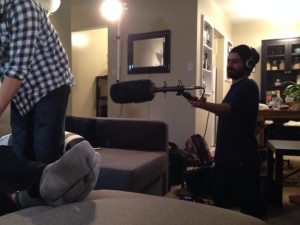 The impact that the FCC’s ruling will have on web series creators is significant. With stronger regulations enforced by the FCC, web series that use such platforms as the ones listed above will not be affected by slow buffering or outright blocking of video content by ISPs.
The impact that the FCC’s ruling will have on web series creators is significant. With stronger regulations enforced by the FCC, web series that use such platforms as the ones listed above will not be affected by slow buffering or outright blocking of video content by ISPs.
As a result, web series creators will continue to reach potential and current viewers with their content, without having to face the proposed “paid prioritization” (fast lanes/slow lanes) that many once feared.
For David Nett, Chief Product Officer of new media services company The Horizon Factory, and whose efforts to keep the web open and free have been ongoing for nearly 10 years, the FCC’s ruling is the culmination of a long and rigorous battle.
“I think it’s a big win for proponents of the Internet as an open, fully democratic distribution channel. I’ve been fighting for this since 2006, when I wrote my first essay in the subject; others have been fighting even longer. It’s well overdue.”
As Jeff Koenig, producer/CEO of Digiriot explains, the new net neutrality regulations enacted by the FCC are about much more than just the content we watch, read and listen to everyday.
“The FCC’s Title II classification isn’t about Netflix videos. It’s about ensuring that the ability of the United States to participate in (and continue to lead) the global economy is not destroyed by short-sighted and self serving profit motives of a few companies.”
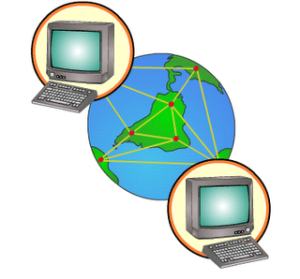 The Internet as an entity has been a game changer for all aspects of daily life, including in the way we watch our favorite movies, TV shows and web series.
The Internet as an entity has been a game changer for all aspects of daily life, including in the way we watch our favorite movies, TV shows and web series.
For Koenig, the very concept of net neutrality has resulted in a tremendous outgrowth of new projects that would have never seen the light of day were it not for net neutrality; projects that benefit viewers and filmmakers alike.
”Equal access to distribution is the greatest change the entertainment industry has ever seen,” Koenig adds. “As amazing as things like affordable high quality cameras are for film makers, the ability to exhibit your programming to an audience of millions is something we’ve never had access to ourselves.”
As Nett cautions, though, the Title II reclassification passed by the FCC is not perfect – but for the most part, it maintains the core concept of net neutrality itself.
“This ruling doesn’t give us everything we’ve hoped for – the privatized system, even when regulated to stay packet-priority-neutral, still means monopolies or handshake non-competition agreement between big telcos and cable companies keep choice limited and speeds lagging behind other technologically developed nations. Nevertheless, it is a win for the fundamental ideology of a free internet.”
While net neutrality levels the playing field for filmmakers and consumers, there’s still no definitive way for web series creators and producers to monetize their content. Nonetheless, Koenig adds, the policy of net neutrality ensures that no current or potential filmmaker is at a disadvantage.
“We’re a long way from figuring out the best ways to leverage this new advantage, but whether the future models for entertainment media come from the studios, digital companies like Netflix and YouTube, or a single indie filmmaker who discovers a better way to make, share, and monetize his films, net neutrality is crucial to providing the freedom for the industry to adapt and grow.”
 Emmy Award-winning producer and Founder/CEO of Discourse Productions Jenni Powell echoes Koenig’s sentiments on the FCC’s policy.
Emmy Award-winning producer and Founder/CEO of Discourse Productions Jenni Powell echoes Koenig’s sentiments on the FCC’s policy.
“As a creator, Net Neutrality is vital in the cost effective distribution of content online,” she says. “Often this issue focuses on how it effects people’s access to knowledge but it also effects a very important industry that uses net neutrality to share their art with the world.”
Despite the ruling, the fight to keep net neutrality in place is far from finished. With the onslaught of potential lawsuits and appeals from Congress and the ISPs, the importance of keeping net neutrality as a firm policy remains just as important as ever. Just as millions of people made their voices heard when net neutrality seemed at risk, Nett says that it will take a continued effort to make sure the FCC’s policy remains a reality.
“It’s not over, though, and it’d be a mistake to behave as if it were. The big telcos and cable companies will fight, and they have deep pockets. They’ll take this fight to the courts and try to stop it. They’ll blast the media with misleading anti-regulation propaganda,” Nett says.
“And they’ll push the members of Congress, whose pockets they fill to attempt to overturn the FCC’s ruling, or remove its teeth,” he adds. “We need to remain engaged and continue to speak with one loud voice to make this ruling stick.”
 While the newly announced net neutrality policy has been mostly met with praise, some feel that the agency’s new regulations will have a negative impact on the overall growth of the Internet as a whole.
While the newly announced net neutrality policy has been mostly met with praise, some feel that the agency’s new regulations will have a negative impact on the overall growth of the Internet as a whole.
In fact, some also believe that the FCC’s decision to reclassify the Internet may have been a step too far for the agency.
“The FCC not only overstepped it’s authority, but didn’t follow their own procedural rules of a 30-day public notice,” says Patrick Bardwell, creator of the popular web series/short film website Nūtral TV, who adds that the future of the agency’s regulations will be constantly subject to the whims of those who hold power in D.C. – thus adding to the unpredictable nature of the tech business.
“A new Democratic or Republican administration can change the rules again and this, therefore, creates uncertainty in the industry. Uncertainty stifles innovation and investment. Today’s internet regulations literally affect the world wide web, yet it’s based on hypotheticals.”
For now, though, Bardwell doesn’t see any significant changes to the Internet as a result of the FCC’s ruling. “Classifying the Internet as a utility doesn’t change the agreements between the big users of the Internet (i.e. Netflix) and the ISPs,” he says. “I also don’t think these rules will affect the web TV industry, especially small producers, too much in the short term.”
However, he feels that the agency’s decision may prove to have a more negative impact on the web series industry as a whole. “In the long term, if the intent of the rules stay, then I think it will force smaller, independent content creators to work that much harder to have their content seen.”
Yet, Bardwell adds, such a scenario may actually prove to be beneficial for those who seek to bring their content to audiences. “This can be a good thing. Just like aspiring TV producers, web TV creators will be forced to elevate the quality of their content, bringing in the ad dollars.”
Though the FCC’s net neutrality policy remains subject to a number of potential court challenges and Congressional action, Powell believes that net neutrality will ensure an equal and competitive atmosphere for anyone who seeks to bring their web series to the masses.
“With net neutrality firmly in place, future creators will have the same opportunities to spread their art as those of us did in the beginning of the internet, and I personally cannot wait to see what the future holds,” she says. “It’s a monumental achievement for free speech and I couldn’t be prouder of the FCC for supporting it.”





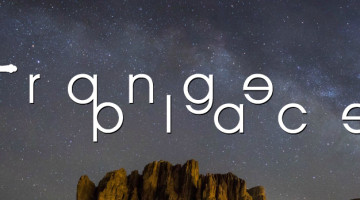

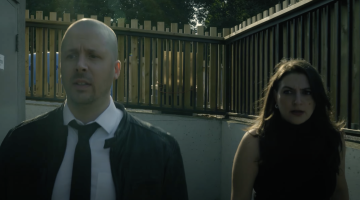
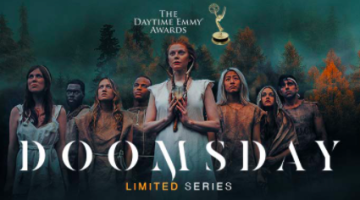
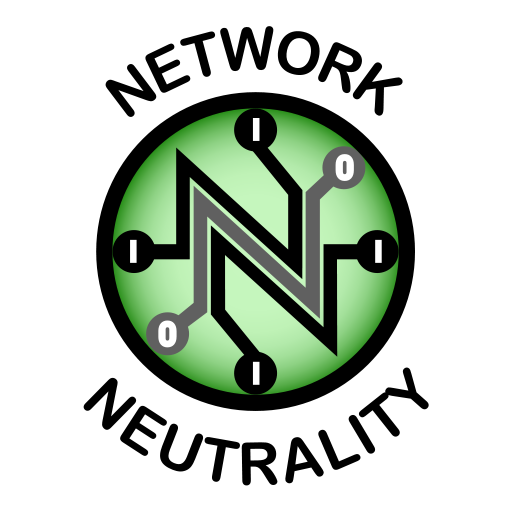
No Comment